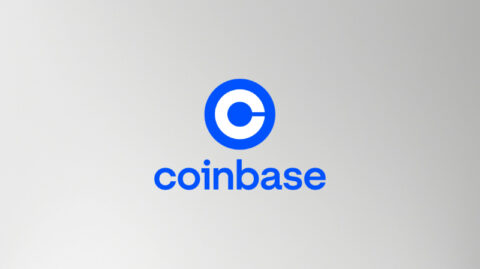Tether, the issuer of the world’s largest stablecoin USDT, has joined forces with blockchain analysis firm Chainalysis in a bid to bolster its monitoring of illicit activity on secondary markets where USDT is traded. This move comes amid increasing regulatory scrutiny on cryptocurrency and the potential for misuse within the ecosystem.
The new system implemented by Chainalysis equips Tether with a suite of powerful tools to identify and track potentially risky transactions. These tools include:
- Sanctions Monitoring: This feature flags transactions involving addresses or entities included on international sanctions lists.
- Illicit Transfer Detection: This tool helps identify transactions potentially associated with criminal activities like money laundering or terrorist financing.
- Risk Scoring: By analyzing various factors, this feature assigns risk scores to transactions, allowing Tether to prioritize investigations of potentially suspicious activities.
This collaboration empowers Tether to enhance transparency and demonstrate its commitment to combating illicit activity within the cryptocurrency space. By proactively monitoring secondary markets, Tether aims to identify and potentially block transactions linked to criminal enterprises.
However, some experts remain cautious, questioning the effectiveness of such monitoring systems and the potential privacy implications. They argue that blockchain technology is inherently pseudonymous, and complete anonymity can still be achieved through techniques like coin mixing.
The long-term impact of this partnership between Tether and Chainalysis remains to be seen. While it signifies Tether’s efforts to comply with regulations and address concerns about illicit activity, questions regarding the effectiveness and privacy implications of such monitoring systems persist.











